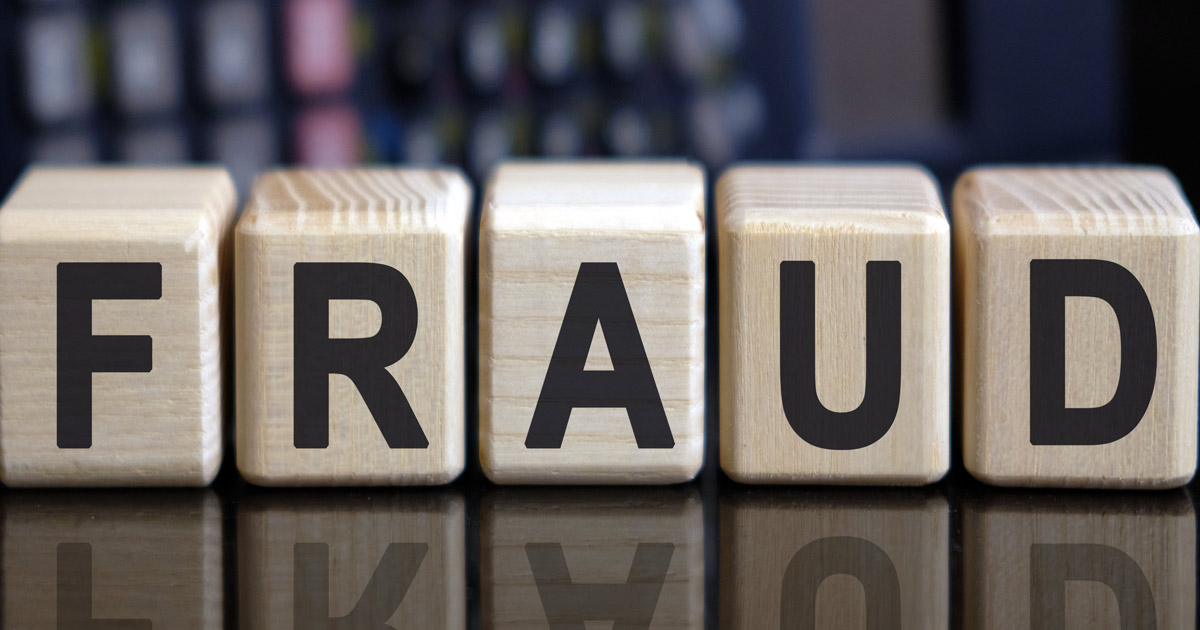How to Avoid Business Fraud?

According to the Association of Certified Fraud Examiners, the three main types of fraudulent activity are theft, financial statement fraud, and misappropriation of assets. Small and midsize businesses are often more vulnerable to fraudulent activity and experience more damage than larger companies. As estimated 33 percent of businesses experience increases of fraud each year, frequently committed by employees, such as embezzlement, which results in loss of revenue and triggers involvement by the Internal Revenue Service.
To reduce fraudulent incidents, prevention and detection of fraud activity are crucial. All businesses should establish policies and procedures to prevent fraud, which is much easier than recovering losses following incidents of fraud. There are steps business owners can take to help protect against hackers, identity thieves, and cybercriminals, including:
- Divide accounts: Maintain separate business and personal bank accounts. This ensures that if thieves’ access one account, they will not have access to all of your accounts and drain all your funds at once. Maintain separate business and personal credit cards as well and protect card information.
- Separate accounting duties: Small businesses tend to operate with one employee handling all of the money-related duties, such as accounting, payroll, petty cash, and more. With only one person handle all of the finances for the entire business, embezzlement and fraud can occur over long periods of time without you noticing. Dividing the financial tasks between two or more employees helps safeguard the business funds.
- Protect data: Computer systems often leave us unprotected from thieves and fraudsters. Install anti-virus software and firewalls to help protect your company data and alert you of attempted breaches. Establish strict policies requiring employees follow company password requirements and change passwords every 60 to 90 days.
- Run background checks: When hiring, businesses need to bring on employees who are not only qualified, but trustworthy as well. Go beyond work history and references and perform background checks on potential employees once the list of candidates is reduced to five or less applicants. Know your current employees and business partners as well. Often the employee committing fraud is well-liked, works long hours, and takes on extra duties with little oversight.
- Establish internal controls: Businesses can create and maintain internal controls to detect or prevent fraud, such as access to inventory and financial data, and protocols requiring more than one person’s approval for overtime, check writing, payroll, accounting, and expense reimbursements.
- Review bank accounts: Regularly scrutinize bank accounts for any signs of theft or fraud. Pay particular attention to missing checks or those with out-of-sequence numbers, checks signed over to a third party, and payments to unknown people or businesses.
- Perform regular audits: Establish regular, routine and unscheduled audits for all departments handling accounting, cash, inventory, returns, refunds, and other financial duties.
- Train employees: Educate employees on fraud protection, how to detect fraud, and to report suspicious activity. Establish anonymous reporting to protect employees when reporting on a coworker and thoroughly investigate every report of suspected fraud.
- Install secure entries: Install time-stamped key-card security systems at entry points to monitor those entering and leaving the building and limit employee access to certain areas.
Additional, business owners can establish multi-factor authentication, which sends a secret code to your cell phone if your username or passwords have been compromised.
Philadelphia Business Lawyers at Sidkoff, Pincus & Green P.C. Help Companies Compromised by Fraudulent Activity
If your business has been compromised by fraud, the knowledgeable and experienced Philadelphia business lawyers at Sidkoff, Pincus & Green P.C. can help you fight back and regain control of what is rightfully yours. Call us at 215-574-0600 or contact us online to schedule an initial consultation. We are located in Philadelphia and serve clients throughout Pennsylvania and New Jersey.













